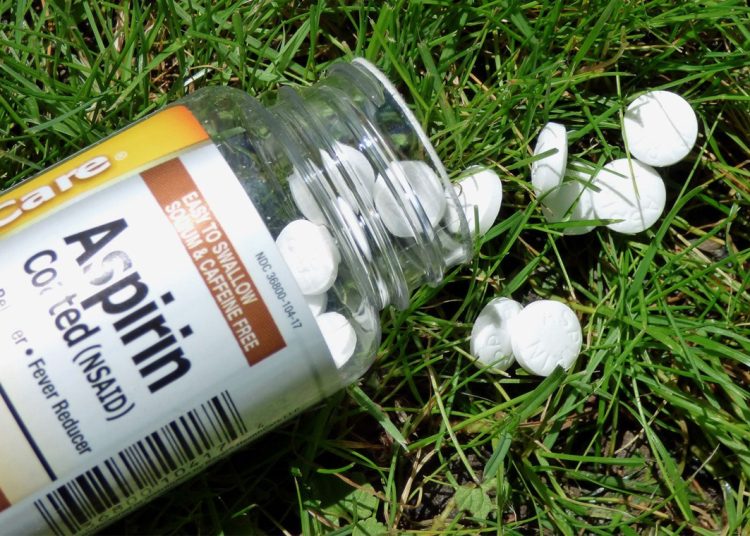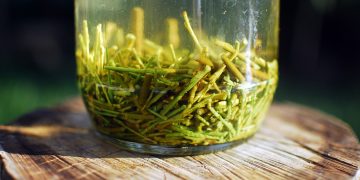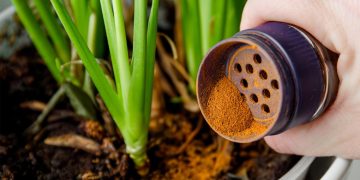When it comes to propagating plants, gardeners often seek out natural alternatives to synthetic rooting hormones. One such alternative that frequently comes up in gardening circles is aspirin. While aspirin is commonly known as a pain reliever for humans, some gardeners believe that it can also help stimulate root growth in plant cuttings. But does aspirin really work as a rooting hormone? Let’s dive into the science behind this idea and explore whether aspirin can help your plants grow roots.
Understanding Rooting Hormones
Rooting hormones are substances that encourage the development of roots in plant cuttings. The most important naturally occurring rooting hormone in plants is auxin, which promotes cell division and the formation of root tissues. While synthetic forms of auxin, like indole-3-butyric acid (IBA), are commonly used in commercial rooting powders and gels, some gardeners prefer using natural substances that contain auxins or other growth-promoting compounds.
Aspirin, which contains acetylsalicylic acid, is one of those natural remedies that has gained attention in gardening for its potential to stimulate rooting. But how effective is it in practice?
The Science Behind Aspirin
Aspirin (acetylsalicylic acid) is primarily known for its ability to relieve pain, reduce inflammation, and lower fever in humans. But how does it relate to plant growth? The key lies in its ability to act as a salicylic acid, a compound that plays a role in plants' immune systems. Salicylic acid is involved in regulating plant defense mechanisms against stress and diseases. It is also thought to promote the production of certain plant hormones, such as auxins.
However, while salicylic acid (found in aspirin) can promote some plant growth processes, it does not have the same direct effect as auxins, which are the primary hormones responsible for root development. In short, aspirin may influence plant health and immune responses, but its ability to specifically promote root growth is more limited and indirect.
Can Aspirin Help with Rooting Cuttings?
The idea that aspirin might be effective as a rooting hormone comes from anecdotal evidence and some studies suggesting that salicylic acid can influence plant growth. There have been studies indicating that salicylic acid has various positive effects on plant growth, including:
- Stress Resistance: Salicylic acid has been shown to improve a plant's resistance to environmental stressors, such as drought, temperature changes, and pathogens.
- Root Growth: In some studies, plants treated with salicylic acid have exhibited increased root growth, but not to the same extent as when treated with auxins or synthetic rooting hormones.
However, while there is some evidence suggesting aspirin may support overall plant health and vigor, its direct role in stimulating root growth on cuttings is less clear. The concentration of salicylic acid in aspirin is not high enough to directly mimic the effect of natural auxins.
How to Use Aspirin for Rooting
If you’d like to experiment with aspirin as a natural rooting agent, here's a simple method you can try:
Dissolve Aspirin in Water: Crush one regular aspirin tablet (325 mg) and dissolve it in about 1 liter (4 cups) of water. Some gardeners recommend using aspirin in warm water to help it dissolve more easily.
Soak the Cutting: Dip the base of your plant cutting into the aspirin solution for a few hours before planting it in soil. This allows the cutting to absorb the solution and potentially take advantage of the plant’s defense-boosting properties.
Plant the Cutting: After soaking, plant the cutting in soil or a rooting medium as usual.
Alternatively, you can water the cutting with the aspirin solution to see if it encourages root development, although results may vary depending on the plant species.
The Pros and Cons of Using Aspirin as a Rooting Hormone
Like any natural remedy, there are both potential benefits and drawbacks to using aspirin in plant propagation.
Pros:
- Affordable and Accessible: Aspirin is inexpensive and easy to obtain, making it a cost-effective option for gardeners.
- Boosts Plant Health: Some studies suggest that aspirin can improve overall plant health by reducing stress and increasing disease resistance, which may indirectly support successful rooting.
- Safe: Aspirin is a relatively safe option to experiment with, as it’s a natural compound that poses minimal risk to plants when used in moderation.
Cons:
- Limited Effectiveness: Aspirin’s effects on root development are not as strong or direct as those of synthetic rooting hormones or natural alternatives like willow water or honey.
- Inconsistent Results: The results may vary depending on the plant species and growing conditions, making it an unreliable method for consistent success in plant propagation.
- Potential for Overuse: Too much aspirin could harm the plant, especially if it interferes with its natural hormonal balance.
Other Effective Natural Rooting Alternatives
While aspirin may offer some benefits for plant health, there are other natural rooting hormone alternatives that may have a more significant impact on root development:
- Willow Water: Willow trees contain high levels of auxins, which are proven to stimulate root growth. Soaking willow twigs in water and using the solution to dip cuttings is a popular and effective method.
- Honey: Honey has antibacterial properties and is sometimes used as a natural rooting hormone. It can protect cuttings from infection while promoting root growth.
- Aloe Vera: Aloe vera gel contains compounds that may help cuttings root more successfully. It also has antiseptic properties that help prevent disease.
- Cinnamon: Ground cinnamon is known for its antifungal properties and is sometimes used to treat cuttings to prevent rot and support root development.
Conclusion
While aspirin may offer some benefits to plant health, its effectiveness as a rooting hormone is limited. The salicylic acid in aspirin may provide some stress-resistance benefits and could potentially encourage root growth, but it is not as potent or reliable as other natural rooting hormone alternatives like willow water or honey. Aspirin is unlikely to directly stimulate root formation to the same degree as synthetic or specialized natural rooting hormones.
If you're looking for a more consistent and proven method for rooting cuttings, it may be best to explore other natural options like willow or aloe vera. That said, experimenting with aspirin can still be a fun and inexpensive way to try something new in your plant propagation efforts, but results may vary.
















